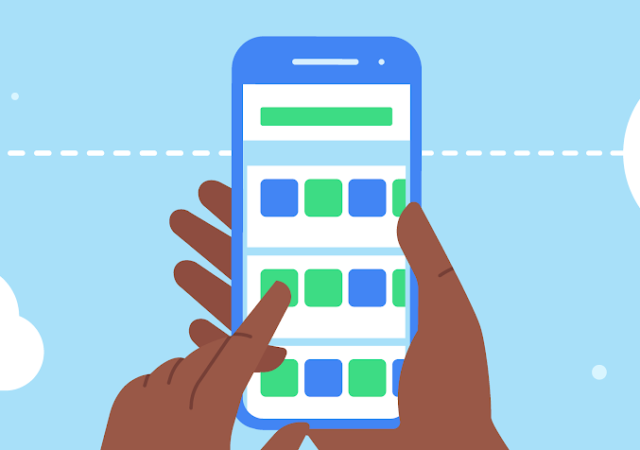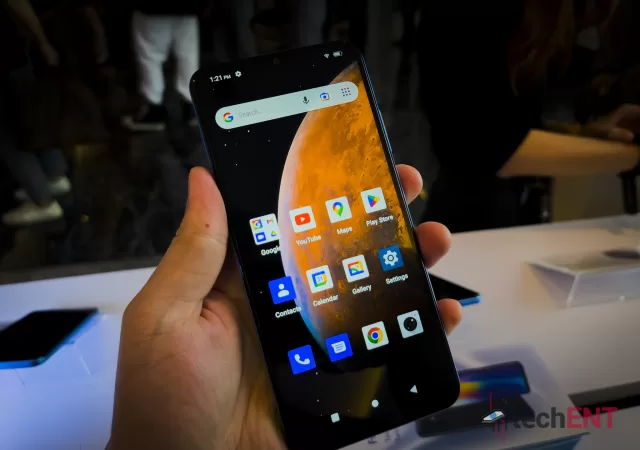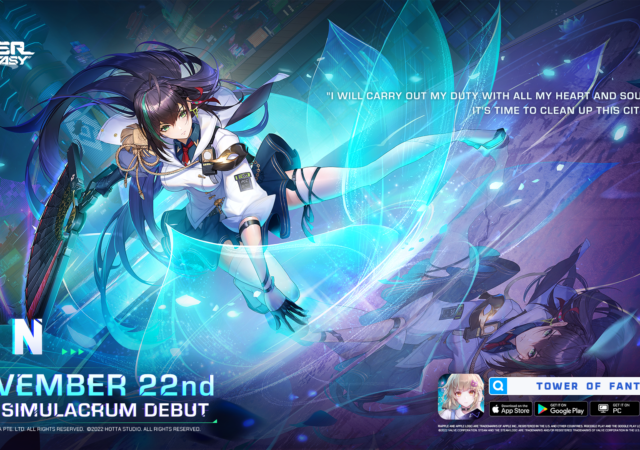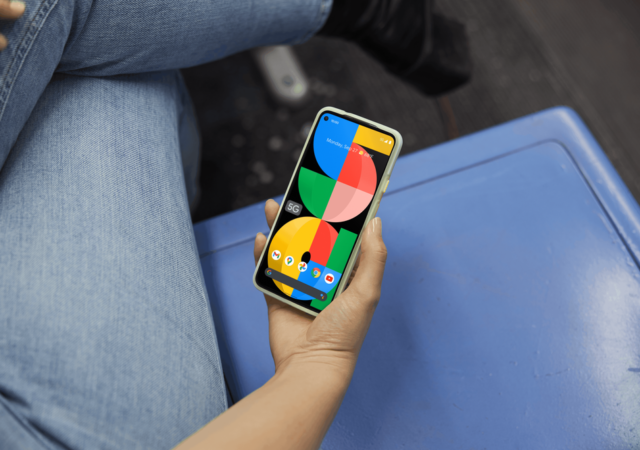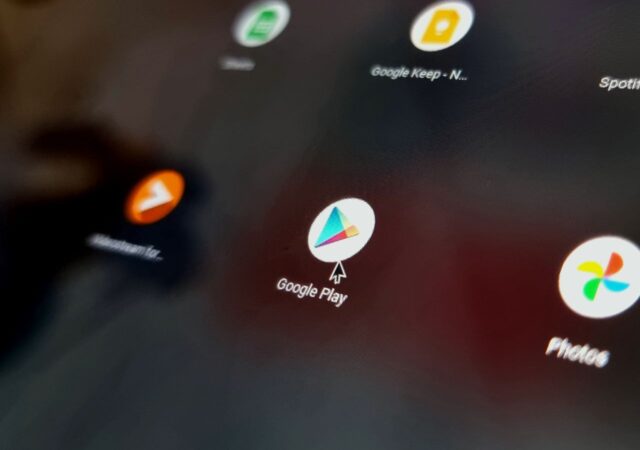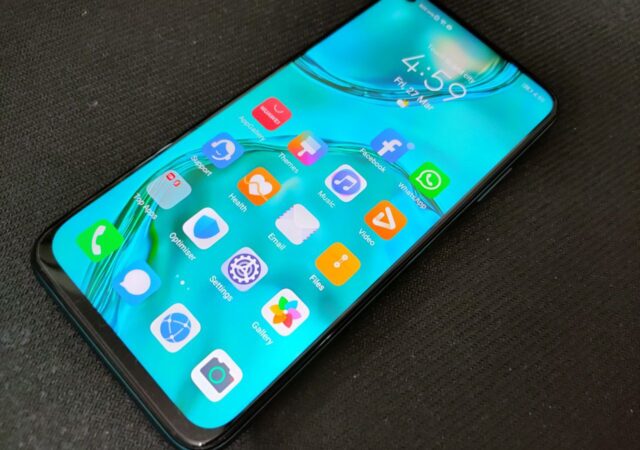RapidKL makes it easier for users to purchase My50 and MyCity passes with MyRapid Pulse App, Google Play Store, and Huawei AppGallery.
Google Play Saves Your Storage by Archiving Your Least-Used Apps Automatically
Google introduces a new function to Google Play to help users manage their storage space by auto-archiving their apps.
You Can Soon Delete Your User Data from an App Thanks to Google
Google is introducing a new policy for developers on Google Play Store that allows users to delete their account data from the app.
Tower of Fantasy Major 2.1 Update Brings Exciting New Content
Tower of Fantasy is getting more exciting, fresh content with the release of the major 2.1 update, dubbed Confounding Labyrinth. New terrains and challenges await in the 2.1 update Publisher Level Infinite and developer Hotta Studio have released the 2.1…
Messi Roars on the Battlegrounds with PUBG Mobile
PUBG Mobile has announced a collaboration with Lionel Messi, featuring 20 in-game items themed after the football star. Fans can outfit their characters to look like the Argentina star with Captain Messi outfits and themed accessories. Improve your in-game gear…
Soon, Every App on Google Play Store Will Be New Updated Apps
Google is introducing a new security measure for apps in the Google Play Store. The new update will hide old apps from users.
[PSA] Android Users, if You Have This App; Delete it Immediately!
Pradeo found a malware on an app for Android devices. If you have the app, you want to delete it immediately.
Popular Doesn’t Mean Safe – Google Pulls Apps from Play Store
Google pulls a number of apps from the Google Play Store after reports surfaced of them containing malware.
Living with HUAWEI Mobile Services and AppGallery Part 2: Adjusting Over the Weekend
It is part 2 of our life with HUAWEI’s very own Mobile Services ecosystem. There are a few things still missing from the device, but nothing that we cannot ultimately live with. We found even more apps that we might find useful though.
techENT Download | Coronavirus hits Apple, Windows Gets a Makeover and more
Catch up with the week’s tech happenings with the latest techENT Download! The 3rd Week of February saw Apple be affected by the Coronavirus, Cadillac explore EVs, more news about the Galaxy Z Flip and more!




